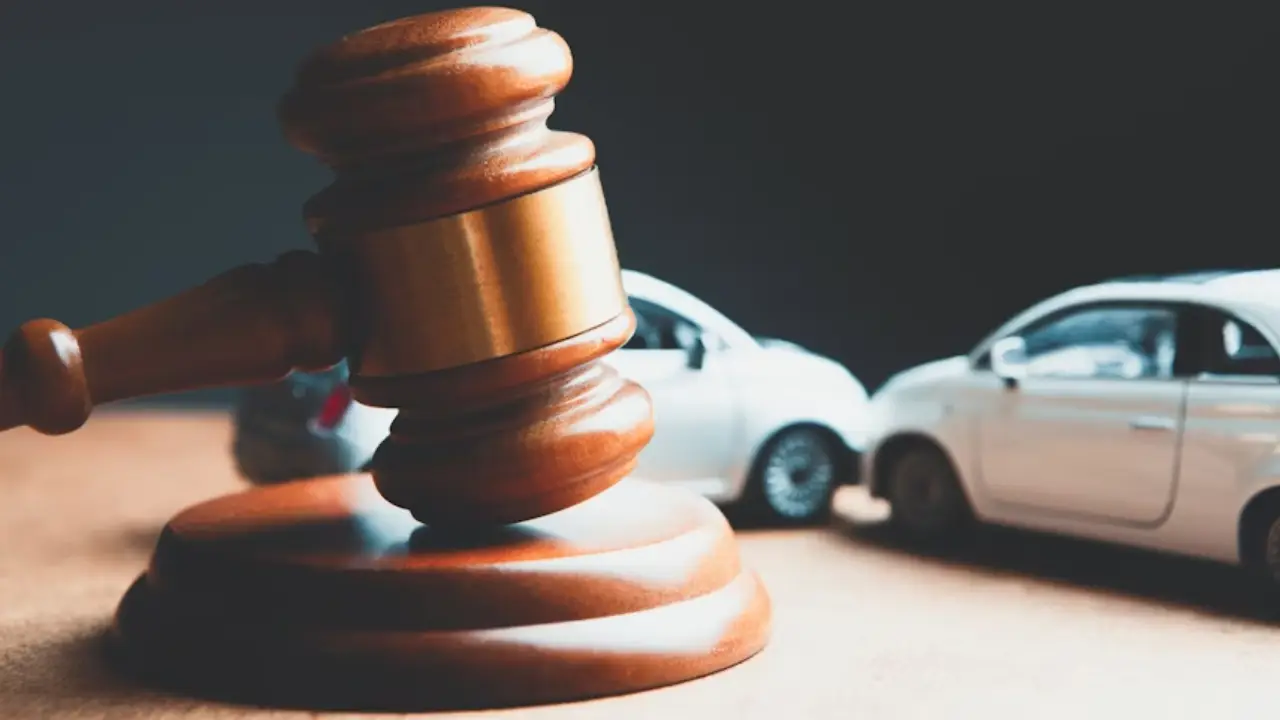Car Accident Lawyers: When Do You Need One? (Focus: Car Accident Lawyer)
Getting into a car accident is stressful and confusing. Knowing when to hire a car accident lawyer can significantly impact your recovery, both physically and financially. Here’s a breakdown of key considerations:
1. What to Do Immediately After a Car Accident
- Safety First: Check for injuries (yourself & others). Move vehicles to a safe location if possible. Call 911 for medical emergencies and police.
- Exchange Information: Get names, contact details, driver’s license numbers, insurance info (company & policy number), and license plates from all involved drivers and witnesses.
- Document the Scene: Take photos/videos of vehicle damage, injuries, road conditions, traffic signs, skid marks, and weather. Note the location, time, and date.
- Seek Medical Attention: Get checked even if you feel “fine.” Some injuries (like whiplash or concussions) have delayed symptoms. Medical records are crucial evidence.
- Report to Insurance: Notify your insurance company promptly about the accident (cooperation is usually required), but be cautious about giving detailed statements to the other driver’s insurer.
- Keep Records: Organize all documents: police report, medical bills/records, repair estimates, rental car receipts, proof of lost wages.
2. When Legal Help Becomes Necessary (Hire a Car Accident Lawyer)
While not every fender-bender requires a lawyer, consulting with a car accident lawyer is highly recommended in these situations:
- Significant Injuries: Broken bones, head trauma, spinal cord injuries, burns, internal injuries, or any injury requiring surgery, hospitalization, or long-term/rehabilitative care.
- Disputed Liability: When fault for the accident is unclear, contested by the other driver/insurer, or involves multiple parties.
- Complex Situations: Accidents involving commercial vehicles (trucks, buses), rideshares (Uber/Lyft), government vehicles, pedestrians, cyclists, or uninsured/underinsured motorists.
- Denied Claim: The insurance company (yours or the other driver’s) denies your claim without valid justification.
- Lowball Settlement Offer: The insurance company makes an initial settlement offer that seems unfairly low and doesn’t cover your current and future damages.
- Permanent Disability or Disfigurement: If the accident results in lasting impairments or scarring.
- Wrongful Death: If a family member died due to the accident.
- Confusion About Rights: You’re unsure about the claims process, the value of your claim, or your legal options.
3. How Car Accident Lawyers Negotiate with Insurance Companies
Insurance companies aim to minimize payouts. A skilled car accident lawyer levels the playing field:
- Investigation & Evidence Building: They gather police reports, witness statements, photos, medical records, expert opinions (accident reconstruction, medical experts), and employment records to build a strong case proving liability and damages.
- Calculating Full Damages: They account for all losses: past/future medical bills, lost wages, loss of earning capacity, property damage, pain and suffering, emotional distress, and loss of enjoyment of life.
- Demand Package: They submit a comprehensive demand letter outlining liability, damages, and the settlement amount needed, backed by evidence.
- Strategic Negotiation: They handle all communication, using their knowledge of case value and insurance tactics to counter lowball offers and bad-faith arguments.
- Threat of Litigation: Their readiness to file a lawsuit significantly strengthens their negotiating position, often prompting a fairer settlement offer.
4. Timeline of a Typical Car Accident Claim
- Immediate (Days/Weeks): Accident, medical treatment, initial insurance reporting, evidence gathering.
- Early Stages (Weeks/Months): Continue treatment, lawyer investigates, demand package prepared & sent.
- Negotiation Phase (Months): Back-and-forth settlement discussions with the insurance company.
- Settlement or Litigation (Months – Years):
- Settlement: If a fair agreement is reached, paperwork is finalized, and payment is issued.
- Litigation: If the settlement fails, the lawyer files a lawsuit. This involves discovery (exchanging information), depositions, pre-trial motions, and potentially mediation or trial. This phase can take a year or more.
- Resolution: Settlement agreement or court verdict/judgment.
5. Legal Fees Explained: The Contingency Fee Model
Most car accident lawyers work on a contingency fee basis. This means:
- No Upfront Costs: You pay nothing out-of-pocket to hire the lawyer initially.
- Fee is a Percentage: The lawyer’s fee is a pre-agreed percentage (typically 33-40%) of the final settlement amount or court award.
- Only Pay if You Win: If the lawyer does not recover money for you (through settlement or verdict), you owe no attorney fees.
- Case Expenses: You may be responsible for case-related costs (filing fees, expert witnesses, medical records) win or lose, though these are often advanced by the firm and deducted from the recovery. Fee agreements must clearly explain this.
Don’t navigate the aftermath of a serious car accident alone, especially when facing injuries, disputed fault, or aggressive insurers. Consulting with an experienced car accident lawyer early on provides crucial guidance, protects your rights, maximizes your potential compensation, and relieves the burden of dealing with complex legal and insurance processes. Most offer free initial consultations, so there’s no risk in seeking professional advice tailored to your specific situation.

